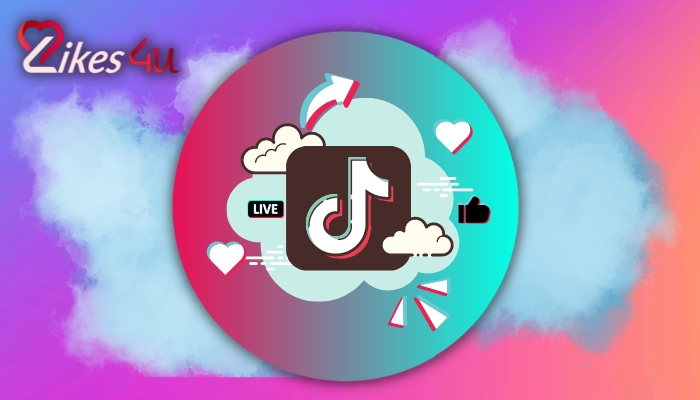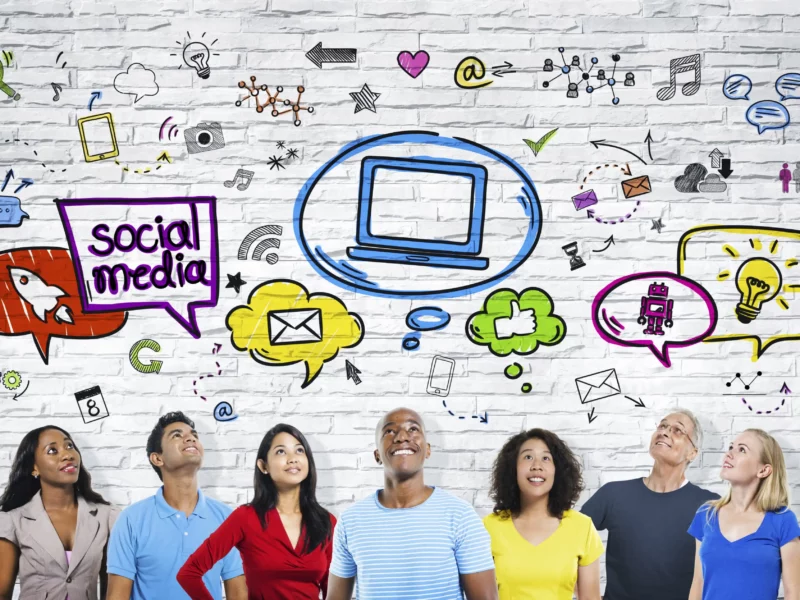Work on your showcasing by acquiring mental bits of knowledge into Facebook likes. Feature writer Neil Patel investigates five motivations behind why that basic snap implies such a significant amount to the human cerebrum.
Try not to let me know you’ve never done this. Your cerebrum is moving along automatically. Your eyes are spacey. You scroll and look at Facebook’s endless channel, preferring pictures, refreshes, and situations with stupid connections to Viral Buzz Up, Whatever.
This is web-based entertainment at its nadir, spellbinding us relentlessly with a silly over-burden of stuff. Every one of those “awe-inspiring” articles may take our breath away click here.
Your cerebrum on Facebook is a wonder. Yet, what’s happening in that mass of dark matter as you gaze, parchment, and snap? What’s influencing the neural connections? What’s being put away in the memory?
Fundamentally what is the brain research of preferring on Facebook?
I need to pose the inquiry, yet I have yet to arrive to dish up mental goodies and beautiful sayings. I’m here to give you the results.
Stop and think for a minute: When you comprehend the brain research of Facebook preferring, you can utilize this cutting-edge insight to work on your showcasing. Knowing the psychological cycles behind the world’s most famous informal community will surrender you a leg on the opposition.
Know the brain research, and afterward benefit from it to acquire moment advertising power. Here are the five focuses you want to be aware of in the brain research of loving on Facebook.
1. Enjoying Is A Type Of Human Affirmation.
Go to Facebook. Click the like button.
What did you do? You committed a demonstration of human affirmation. It was a social collaboration between at least two people.
This is what clinician Dr. Larry Rosen composed for Brain science Today:
“Like” illustrates my idea of “virtual sympathy.” We are very much aware of being compassionate toward somebody: being able to comprehend and partake in another’s close-to-home state or setting.
When that’s what you click the “like” button, you’re speaking with another person. What are you conveying? You recognize them here and there.
It’s not really that you’re loving — as in communicating fondness. All things being equal, you’re recognizing. You’re saying, “I see. I get it. I’m here.”
2. Loving Is A Attempting To Procure Social Capital.
When we like on Facebook, we’re attempting to procure social capital.
What is social capital? As per the exhausting as-hell word reference definition, social capital is…
The organization of social associations among individuals and their shared qualities and standards of conduct empowers and energizes invaluable social participation.
Social associations happen on the web in the interwebs’ connected, on-the-web, teched-out universe. It sensibly follows that social capital exchanges will occur on the web. Usually, that’s what the end is “commonly invaluable social collaboration” happens when you click “like.”
This is certainly not an outlandish end. When you understand that social connection happens on the web, and one of the virtual devices of doing so is the “like,” it checks out.
Preferring assists people with creating social capital in their web-based communications.
3. To Like Is To State What Our identity is.
Viewing preferring as something that influences the beneficiary of the like would be simple. However, there’s more going on.
When you like Facebook, you are insisting on your identity personally.
Like has become more than simply a positive response toward a post or update; it has developed into criticism toward the individual herself.
Assuming you like a status that you concur with, you are openly conceding and communicating that understanding through the basic snap of a button. It is a message to ourselves that this is our identity, which is the thing we concur with, this we are in general about.
You like you. This isn’t arbitrary mental theory. This is the whole usual methodology behind Facebook’s colossal adaptation. It conveys advertisements to your timetable and sorts out your feed in light of what you like.
Time’s new uncover of Facebook’s calculation made sense of it like this:
The presentation of the “Like” button in 2009, which let clients embrace explicit bits of content interestingly, assisted News With taking care of sharpening considerably more on which stories individuals delighted in… Being so near an individual is an undeniably important measurement, as decided by how frequently you like their posts.
Analytical studies have substantiated this. The Procedures of the Public Foundation of Sciences (PNAS) distributed a concentrate on almost 60,000 Facebook clients and left away with the accompanying discoveries:
Taking care of individuals’ “likes” into a calculation, data concealed in the arrangements of top choices anticipated whether somebody was white or African American with 95% exactness, whether they were a gay male with 88% precision, and, surprisingly, recognized members as a leftist or conservative with 85% precision. The ‘likes’ list anticipated orientation with 93% accuracy, and progress in years could be dependably resolved 75% of the time.
Your identity as an individual can be found by what you like on Facebook.
4. Preferring Is A Work To Acquire Mental Input.
If we like another person’s status or photograph, we request something similar from them. Everybody loves to get a like.
An article in Brain research Today expresses out loud whatever a couple of us concede:
That’s right. Have you at any point felt that? Ooh — 10 preferences. Wow — 25 likes. Pleasant — 100 picks! I’m great — 200 choices!
We like to be loved, and the mathematical amount of those preferences is comparably significant as quality. We want it since we need to be loved.
However, imagine a scenario where we don’t get our desired preferences. Imagine a system in which our status goes unnoticed. That little notice is an expansion of one’s self, and when it is disregarded, we feel overlooked.
For similar reasons, we attend parties, go out for beverages and spend time with companions. It’s about mental input. We need to be valued, and recognized, see the truth, and insisted on check now.
5. Loving Is Many times A Substitute For More profound Degrees Of Collaboration.
Loving has a lot of upsides, yet it has a few negatives, as well.
One such negative is the disintegration of more profound degrees of collaboration. The New York Times depicted web-based entertainment’s attack on our way of life as “The Departure From Discussion.”
A like is simple. It’s simply a tick. https://idealnewstime.com/
A discussion is more diligent. It includes composing, talking, eye-to-eye connection, and significant time. Connections and discussions work. With however many Facebook companions you have, setting aside a few minutes for that sort of inside-and-out social cultivation is hard.
A basic like is a ton more straightforward. The taste is a gamble-free type of social commitment and commitment. It’s an association without responsibility.



